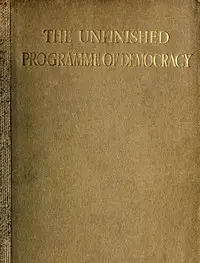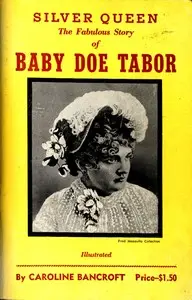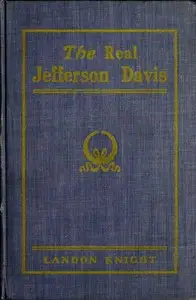"A Preface to Politics" by Walter Lippmann is a series of essays that explores the essence and importance of politics in the early 1900s. The writing investigates why people are uninterested in politics and criticizes old-fashioned ways of governing that do not consider how human needs and society change. Lippmann wants politics to be more creative and focused on people, he encourages a new look at what we think is important in politics. The book starts by talking about how people are becoming more apathetic toward politics. The writer claims that this lack of interest is a big problem with modern politics because many people don't think that voting or making laws really affects their daily lives. Also, the writing argues against the negative idea that politics is just a fight about what is right or wrong, pointing out that the real problems stem from the standard way governance is structured and its irrelevance to human needs. Lippmann supports a new way of looking at politics that sees governance as having the potential to be creative and understands that political systems need to change as society does. This shows that his work is an early look at these concepts, setting the scene for a renewed understanding of political participation.

A Preface to Politics
By Walter Lippmann
In a world of growing political apathy, this book offers a fresh perspective, urging a move from stale governance to a dynamic, human-centered approach that evolves with society's needs.
Genres
Released
2006-12-16
Formats
epub3 (images)
epub (images)
mobi (images)
epub
mobi
txt
Free Download
Summary
About the AuthorWalter Lippmann was an American writer, reporter, and political commentator. With a career spanning 60 years, he is famous for being among the first to introduce the concept of the Cold War, coining the term "stereotype" in the modern psychological meaning, as well as critiquing media and democracy in his newspaper column and several books, most notably his 1922 Public Opinion.
Walter Lippmann was an American writer, reporter, and political commentator. With a career spanning 60 years, he is famous for being among the first to introduce the concept of the Cold War, coining the term "stereotype" in the modern psychological meaning, as well as critiquing media and democracy in his newspaper column and several books, most notably his 1922 Public Opinion.
Total Reviews
10.0k
Total reviews from Goodreads may change















